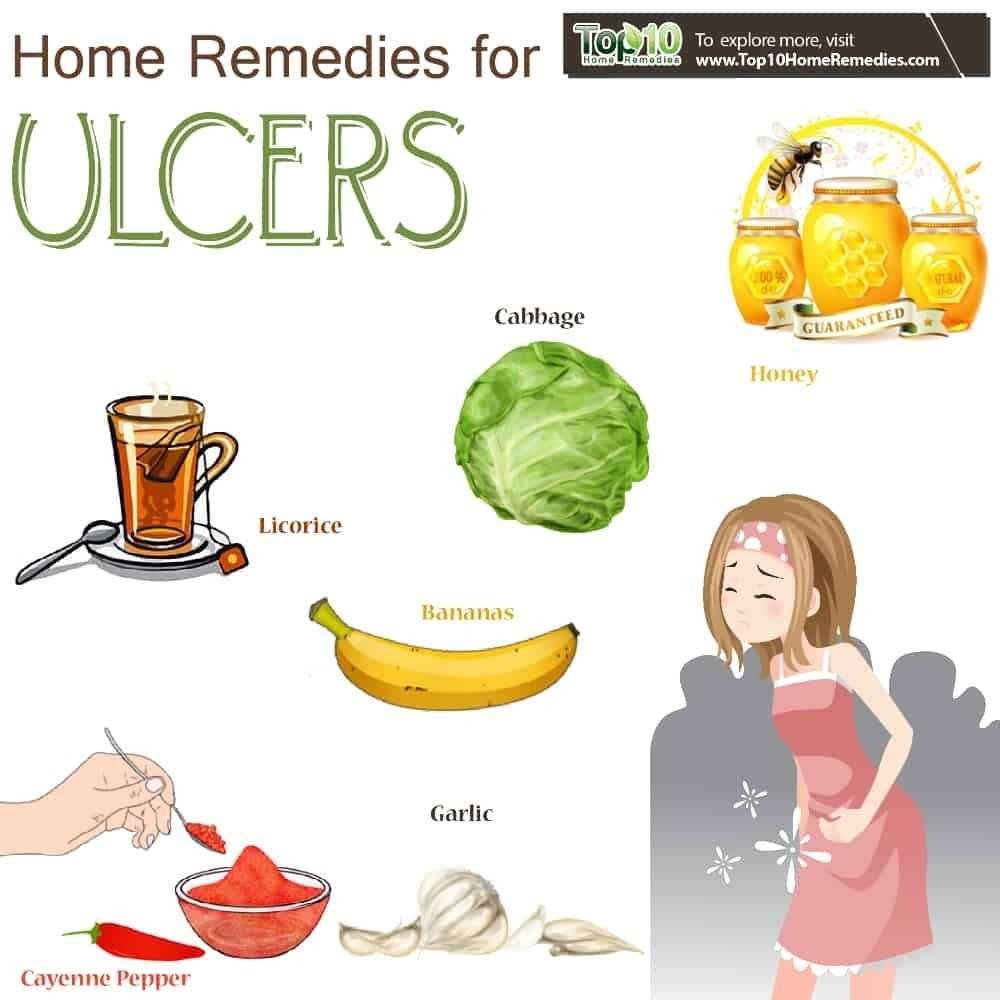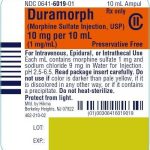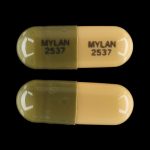
Contents
Relieving Ulcer Pain: What Can Help?
Ulcer pain stems from stomach and duodenal lining irritation, often caused by Helicobacter pylori (H pylori) infections or long-term use of certain medications. Ulcers can manifest in the stomach, intestine (specifically the duodenum), and other areas of the body.
Although home remedies and over-the-counter medications can alleviate ulcer pain and associated symptoms, they may not be effective in severe cases. Seeking medical assistance is crucial if natural treatments don’t improve symptoms, as a more serious condition may be at play.
6 Home Remedies for Ulcer Pain
- Probiotics: These restore the balance of good gut bacteria to treat ulcers. They can be found in yogurt, fermented foods, and supplements.
- Flavonoid-rich fruits: Fruits like cherries, apples, blueberries, and plantains contain flavonoids, which increase stomach mucus and inhibit H pylori growth.
- Honey: This natural antibacterial substance speeds up healing for wounds and ulcers.
- Turmeric: With its anti-inflammatory and antioxidant properties, turmeric can prevent or relieve stomach ulcers.
- Chamomile: Chamomile tea treats intestinal spasms, reduces inflammation and pain, and promotes healing.
- Garlic: Garlic fights infections and prevents the growth of H pylori, making it useful for both treating and preventing ulcers.
Treatments for Ulcer Pain
While over-the-counter medications can help with an upset stomach, they are generally ineffective for treating ulcers. Taking over-the-counter painkillers can even worsen the problem. Consulting a doctor is best as they can combine various medications and therapies to relieve pain, cure infection, and prevent further deterioration. Commonly prescribed medications include:
- Antibiotics: These drugs, such as amoxicillin, clarithromycin, metronidazole, and tinidazole, are taken for two weeks to eliminate H pylori bacteria.
- Antacids: While antacids provide quick pain relief by neutralizing stomach acid, they are not meant to heal ulcers.
- Medications to block acid production and promote healing: Proton pump inhibitors (PPIs) like omeprazole, rabeprazole, esomeprazole, and pantoprazole block stomach acid production. PPIs are available both over the counter and by prescription. Long-term high-dose use of PPIs carries risks like increased fractures of the hip, wrist, and spine.
- Medications to reduce acid production: These acid blockers called histamine (H-2) blockers, such as ranitidine, famotidine, and cimetidine, reduce stomach acid levels, providing relief and supporting healing. They can be obtained over the counter or by prescription.
- Medications to protect the stomach and small intestine lining: Prescription medications like sucralfate coat the lining, alleviate pain, and promote ulcer healing.
In addition to medications, doctors may recommend lifestyle modifications:
- Avoiding spicy and oily foods
- Avoiding alcohol
- Avoiding skipping meals
- Avoiding overeating
- Avoiding painkillers unless recommended
- Managing stress
- Maintaining fixed mealtimes and a consistent sleep schedule
Severe Ulcer Pain: What Can Be Done?
Stomach pain can vary in severity. It’s important to know when it warrants immediate attention. Most stomach pains are benign and can be caused by overeating, gas, or indigestion. Short-term pain that subsides with gas or stool passage or with the use of over-the-counter products or home remedies is typically not concerning.
However, if severe pain persists, worsens, or recurs, it’s crucial to consult a doctor. Immediate medical attention is necessary if any of the following symptoms arise:
- Pain accompanied by a fever over 38.3°C (101°F)
- Severe pain, fainting, or inability to move
- Pain initially covering the entire abdomen but eventually settling in one area, particularly the lower right side
- A tender-to-touch and swollen abdomen
- Prolonged pain lasting several hours
- Extreme discomfort in the abdomen
- Inability to keep food down for more than two days
- Persistent nausea, vomiting, or diarrhea
- Signs of dehydration, such as infrequent urination, frequent dark-colored urine, and excessive thirst
- Vomiting blood or black material
- Passing black or bloody stools
- Lack of bowel movement, especially when accompanied by vomiting
- Inability to pass gas
- Pain or frequent urination
- Pain originating from the testicles
- Continuing symptoms despite completing a full course of prescribed or over-the-counter medications
- Difficulty breathing
- Pregnancy
Stomach pain may indicate a more serious condition if the following symptoms are present:
- Unintentional and progressive weight loss
- Changes in bowel habits
- Alternating periods of diarrhea and constipation
- Belly pain starting at age 50 or older
- Blood in the stool
- Yellowing of the skin and eyes
- Shortness of breath
- Family history of abdominal cancer
- Abnormal test results, such as anemia or abnormal liver function
- New onset of symptoms without an obvious trigger
- Progressive, interfering symptoms that worsen over time
How Do Doctors Determine Stomach Pain Causes?
During an examination, your doctor may inquire about your symptom history and perform a comprehensive abdominal evaluation. Diagnosis of possible conditions is determined based on symptoms’ location, origin, cause, and severity.
Psychological factors, such as stress, abuse, or trauma, may be assessed as they can manifest as digestive disorders. To confirm a diagnosis, your doctor may request the following:
- Blood work to screen for anemia and infection
- Tests for electrolyte levels and glucose to rule out metabolic causes
- Liver function tests for upper right-sided belly pain
- Inflammatory marker tests
- Urine tests to check the urinary tract or for bladder infection
- Stool examination, with or without culture, to detect worms, parasites, or blood (if you’re over 50 years old)
- Pregnancy tests
- Ultrasonography
- X-rays, with or without intravenous dye
- Helicobacter pylori infection tests to rule out stomach ulcers
- Vaginal swab/PAP smear, prostate-specific antigen test, etc., for genitourinary pain or lower belly pain
- Endoscopy for individuals over 50 with weight loss, low blood cell counts, blood in stool, or vomiting
How Is Stomach Pain Treated?
Your doctor may prescribe pain relief medications and recommend dietary and lifestyle changes. Treatment options include:
- Dietary changes: Eliminating wheat, beans, dairy, and certain fruits high in sugar, while adopting a high-fiber diet, may be suggested.
- Medications: Depending on your symptoms, your doctor may prescribe antispasmodics, pain relievers, inflammation inhibitors, laxatives, antacids, antidiarrheals, and/or proton pump inhibitors (PPIs) to curb digestive acid production.
- For cases of nonorganic abdominal pain, antidepressants or narcotic agents may be prescribed.
Your treatment progress will be reassessed after several weeks. Psychosocial factors influencing your gastrointestinal condition may also be evaluated. Additional laboratory and radiological tests may be conducted, and you may be referred to specialists or a pain clinic.


